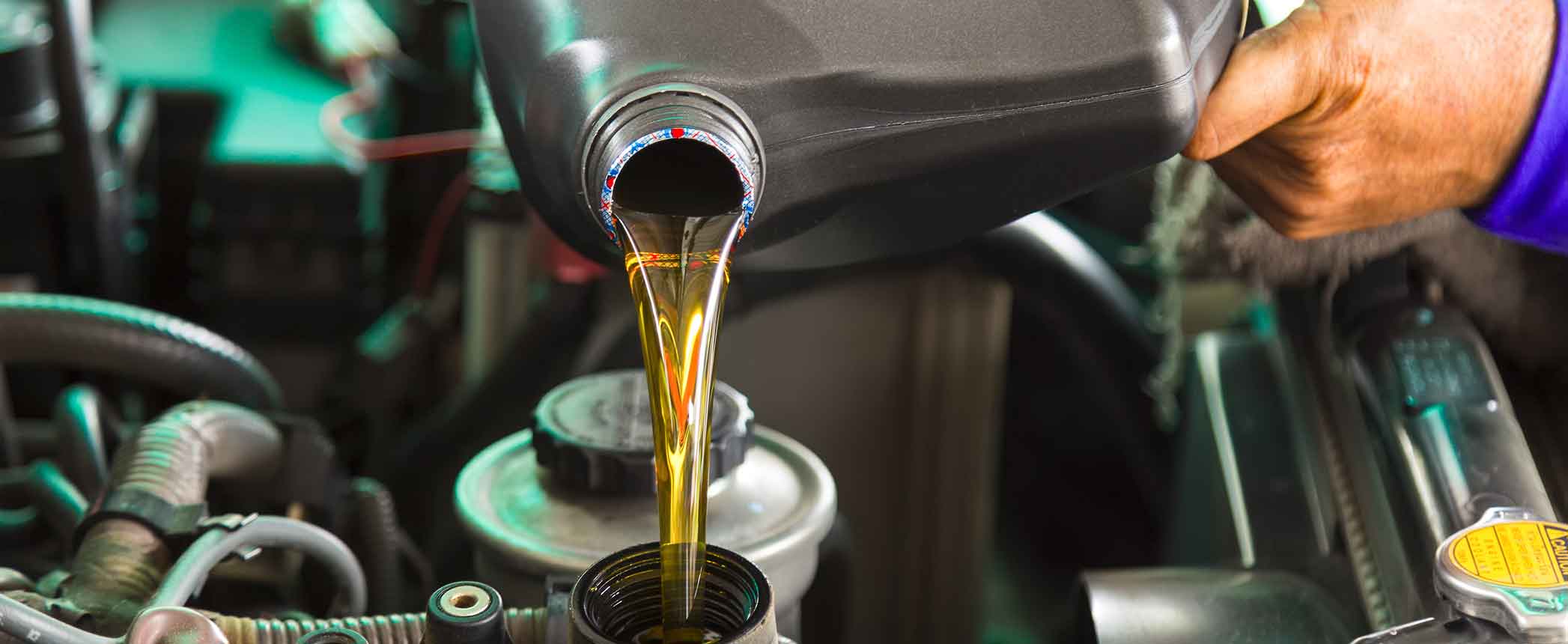
A United Kingdom organization that polices engine oils accused of violating performance claims or industry specifications has stepped up its activities by starting a program to test samples drawn from market.
Officials with Verification of Lubricant Specifications said samples of 22 products were drawn in 2019 and tested by the Institute of Materials and were found to meet performance claims. IOM, which is based in the United States, already conducts such testing in Europe for ATIEL, the Technical Association of the European Lubricants Industry.
“Whilst VLS has done a great job of reacting to cases that have been reported, the board were keen to take the next step in proactively testing market samples,” VLS Chairman Andrew Goddard said in a June 5 press release. “Overall, the products [sampled in 2019] were broadly in compliance, and therefore no further action is required at this time, which is positive news for the industry. We will continue to monitor samples in this way in the future and work with ATIEL on any issues relating to U.K. lubricants.”
VLS will continue to have samples from the U.K. market drawn and tested separately from ATIEL. VLS intends to focus on SAE 5W-30 oils as it considers that viscosity grade to be the most competitive segment of the market. The testing that IOM does on behalf of VLS will focus on key bench tests to meeting the European Automobile Manufacturers Association’s ACEA oil sequences: NOACK volatility, cold crank simulation or Cold Crank, Brookfield, kinematic viscosity, high-temperature high-shear, and analysis for sulfated ash, phosphorus, sulfur and total base number content.
If samples are found to be out of compliance, Goddard said, VLS will follow the same procedures it does for complaints that it receives – contacting the oil marketer to share their information and to discuss how the product can be brought into compliance. This could be done by adjusting the product formula, improving blending or packaging practices or by adjusting performance claims.
“If the marketer refuses to cooperate then VLS will publish the details of the case alongside the refusal to cooperate by the lubricant marketer,” Goddard said. “VLS will then follow up the case after six months to see what corrective action has been taken by the lubricant marketer and will escalate to the relevant statutory authorities if the product remains out of compliance, if necessary.” Such authorities include U.K. Trading Standards and ATIEL.